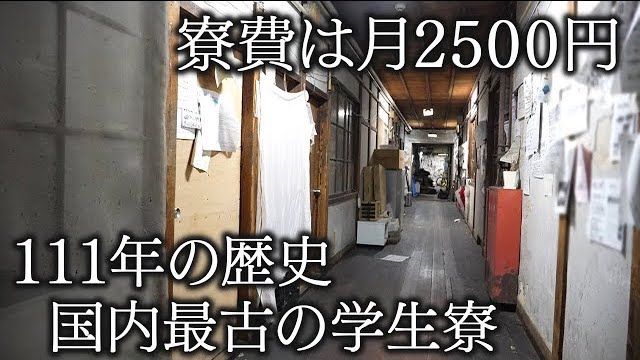Tough border testing for New Zealand honey imports to Japan is re-igniting the conversation about the use of the weed killer glypohsate in New Zealand.
MPI is now requiring all honey exports to Japan to undergo glyphosate testing, after Japanese officials warned they would stop importing honey if they continue to find glyphosate that exceeds their acceptable limit.
MPI food risk assessment manager at New Zealand Food Safety, Andrew Pearson, said there were no food safety concerns.
"A five-year-old child who was consuming honey with the default maximum residue level in New Zealand would need to eat roughly 230kg of honey every day for the rest of their life to reach the World Health Organisation acceptable daily intake for glyphosate," he said.
Apiculture New Zealand said most honey producers were already testing for glyphosate in their products.
Apiflora owner Steve Weenink who has been a beekeeper for 50 years, said the tough part is not the testing, but keeping bees away from glyphosate in the first place.
"The issue with glyphosate is it's a type of salt and the bees will work it even when it's not on a flower. I had a case where the guys sprayed on a farm last year and he got a little bit of manuka, and it wasn't much, but the glyphosate levels were very high," he said.
Another beekeeper and owner of Dansar Bees, Daniel Martin said he and other honey producers worked hard not to use chemicals near their hives, but contamination continued to be a problem.
"Honey bees forage over an area of at least 3km from the hive, so the area that they forage in we don't have any control over land users in the area," he said.
Weenink said farmers benefited from the bees, but it was beekeepers who bore the financial burden of glyphosate use.
He wanted better guidelines and regulations about its use, especially as the industry is already doing it tough from a downturn in the clover honey market.
"It's a difficult playing field out there and we don't want to lose the manuka. If we lost China and Japan, and it tends to snowball a bit, once one country finds out about residue limits someone else hops on the bandwagon. So, it could quite easily be a global thing very soon," he said.










